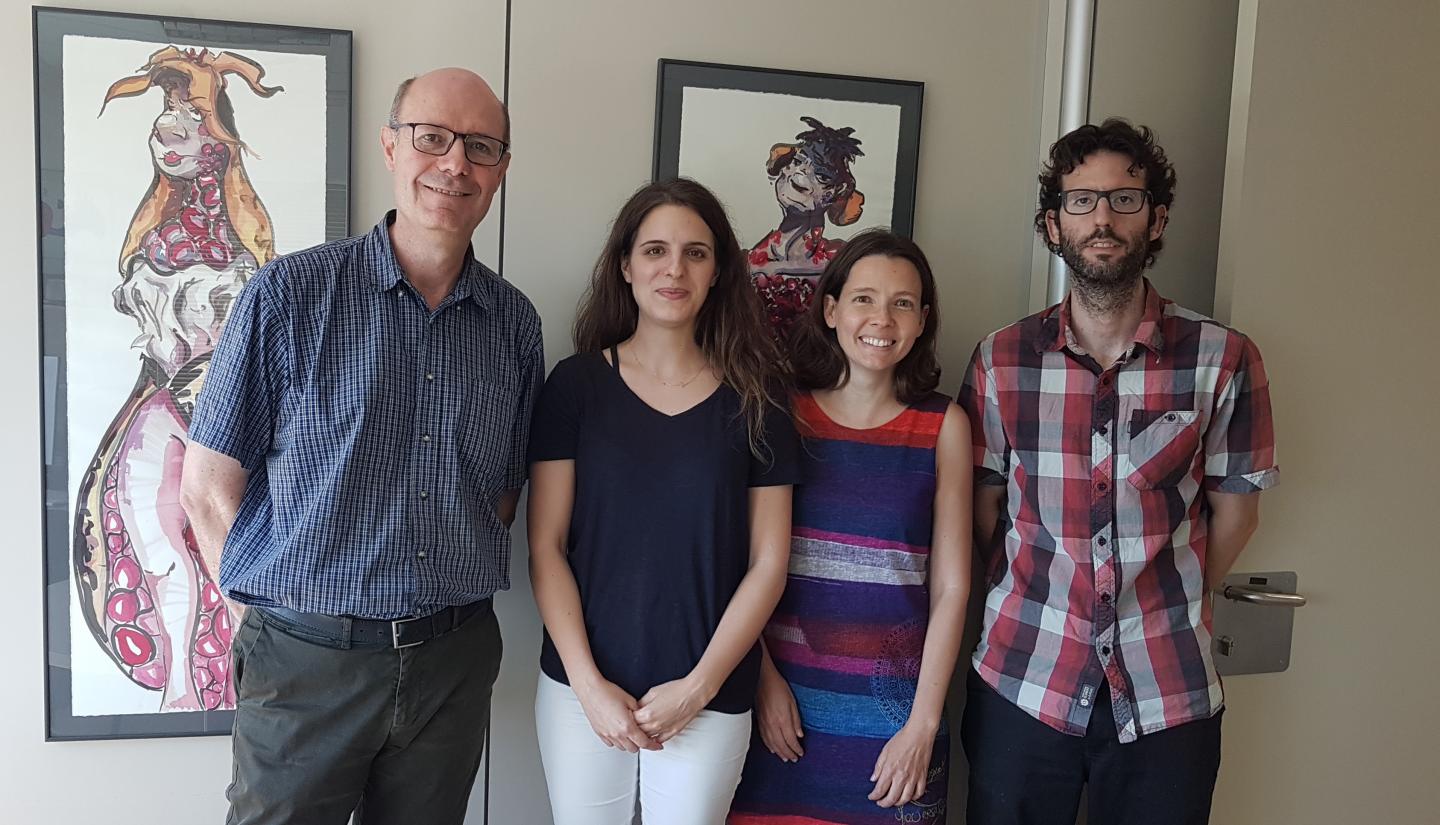The risk of developing colorectal cancer for individuals that follow a pro-inflammatory diet is two times higher than usual

Credit: Gemma Castaño-Vinyals
Researchers from the Molecular Mechanisms and Experimental Therapy in Oncology program (Oncobell) of the Bellvitge Biomedical Research Institute (IDIBELL) and the Catalan Institute of Oncology (ICO), together with the Biodonostia Health Research Institute (IIS Biodonostia), among others, have published in Nutrients the results of a multicenter study that unveils a correlation between inflammatory and antioxidant diets and the risk of developing colorectal and breast cancer. Dr. Mireia Obón-Santacana from IDIBELL-ICO is the first author of a research which was led by Dr. Pilar Amiano, principal investigator at IIS Biodonostia, and Dr. Víctor Moreno, head of the colorectal cancer research group at IDIBELL-ICO. Part of the study has been possible thanks to the funding provided by the Spanish Association Against Cancer (AECC).
“We have observed an association between the risk of developing colorectal cancer and the inflammatory potential of the diet. That is, the participants who followed an inflammatory diet had almost twice the risk of developing colorectal cancer, which is the 4th most frequent cancer worldwide”, explains Dr. Mireia Obón. “On the other hand, we have not appreciated a significant increase in breast cancer risk. That is why we need to carry out more studies to check if there is really any correlation with other factors”, she adds.
An inflammatory diet is usually characterized by the consumption of refined carbohydrates, red and processed meat, and saturated or trans fats. In an antioxidant diet, the consumption of vegetables, legumes, fruits and nuts predominates. “In this study we have focused on the role of diet, and specifically on its inflammatory and antioxidant capacity, as there is evidence that both chronic inflammation and oxidative stress influence the development of these two types of cancer”, says Dr. Víctor Moreno.
“Following a pro-inflammatory and pro-oxidant diet is a very important risk factor for colon cancer. The positive part is that this is a modifiable factor and, therefore, it can be changed”, underlines Dr. Mireia Obón. “Therefore, in order to prevent such cancers, it is very important to follow the recommendations of official agencies and international agencies. We should reorient our eating habits towards a Mediterranean diet, rich in fruits and vegetables, nuts, whole grains and healthy oils, such as olive oil and move away from a more pro-inflammatory diet”, she argues.
What the IDIBELL-ICO researcher suggests is to “implement education strategies created by nutrition and health professionals, so that the general population can follow dietary recommendations and change their habits”.
In this new study, scientists have specifically analysed the Spanish population through the Dietary Inflammatory Index (DII) and the Non-Enzymatic Antioxidant Capacity (NEAC), which are two useful and validated tools to estimate the inflammatory and the antioxidant potential of the diet. To carry out the study, 1852 cases of colorectal cancer and 1567 cases of breast cancer were included, together with 3447 and 1487 control cases, respectively. The study drew on data from 12 Spanish provinces.
###
Media Contact
Gemma
[email protected]
Original Source
https:/
Related Journal Article
http://dx.




